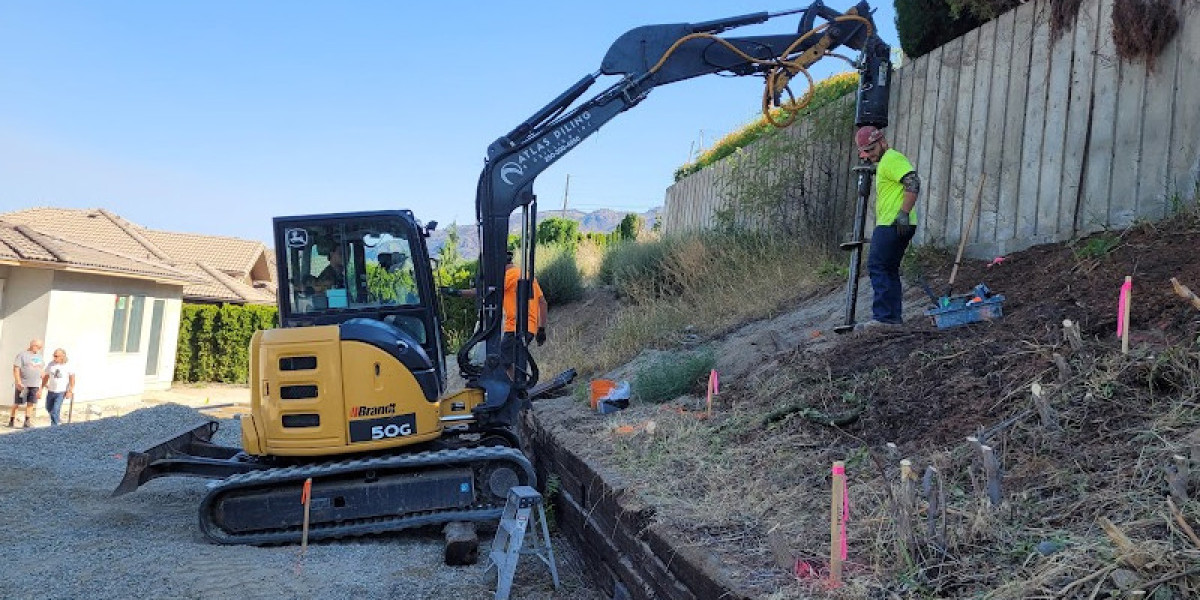If you're a recent graduate in construction, property, or land management, you might be wondering:
How do I go from student to MRICS—Member of the Royal Institution of Chartered Surveyors?
I was once in your shoes.
Fresh out of university, excited, but confused about what came next. I had the degree, but not the title.
Now, a few years later, I’m MRICS—and I want to share exactly what it really takes to get there.
No fluff. No jargon. Just honest, simple advice from someone who’s been through the RICS assessment and made it.
What Does MRICS Mean?
MRICS stands for Member of the Royal Institution of Chartered Surveyors.
It’s not just a fancy title—it’s a professional qualification that shows you’ve met high standards in ethics, knowledge, and practice.
Being chartered means you can work at a higher level, earn more, and be trusted with bigger responsibilities.
And yes—it’s worth it.
The Journey: From Graduate to MRICS
Here’s how it actually works—not what the brochures say, but what happens in real life.
✅ Step 1: Get a Relevant Degree
Most people start with a bachelor’s or master’s degree in:
- Construction Management
- Quantity Surveying
- Real Estate
- Civil Engineering
- Urban Planning
If your degree is accredited by RICS, you’re already one step ahead.
But even if it’s not, you can still qualify—especially if you gain strong work experience.
✅ Step 2: Find a Job That Counts
You can’t become MRICS without structured, supervised experience.
That means you need a job where you’re learning under a senior professional—ideally someone who is already MRICS or FRICS.
Look for roles like:
- Assistant Quantity Surveyor
- Graduate Project Manager
- Trainee Building Surveyor
- Site Engineer (with cost or contract duties)
Your employer should support your journey and assign a mentor to guide you.
✅ Step 3: Start the APC (Assessment of Professional Competence)
This is the heart of the RICS assessment process.
APC stands for Assessment of Professional Competence—a structured training program that usually takes 12–24 months after graduation.
During this time, you’ll:
- Log your work experience
- Complete mandatory competencies (like contract law, cost planning, ethics)
- Attend training sessions
- Submit reports and updates
You’ll be assessed on both technical skills and soft skills like communication, leadership, and decision-making.
✅ Step 4: Build Your Portfolio
Your APC isn’t just about doing the job—it’s about proving you’re ready.
You’ll need to keep a development log showing:
- Projects you’ve worked on
- Skills you’ve learned
- Feedback from your mentor
- CPD (Continuing Professional Development) activities
Think of it like a professional diary—only submit what matters.
✅ Step 5: Pass the Final Interview
Once you’ve completed your APC, you’ll attend a final interview—called the Professional Interview.
It’s not a technical exam. It’s a conversation with two RICS assessors.
They’ll ask things like
- “Tell me about a time you solved a problem on site.”
- “How did you handle a conflict with a contractor?”
- “What would you do if a client asked you to cut corners?”
They’re testing your judgment, not your memory.
Tip: Use real examples. Be honest. Stay calm.
✅ Step 6: Get Approved and Use Your Letters
If you pass, congratulations—you’re officially MRICS!
You’ll be added to the RICS register, and you can start using your letters after your name.
This opens doors to:
- Higher salaries
- Leadership roles
- International jobs
- More client trust
It’s not just a title. It’s a career upgrade.
Real Talk: What No One Tells You
Here’s what they don’t say in the official guides:
? It takes longer than you think – Even if you’re smart and hardworking, most people take 18–30 months from job start to MRICS.
? Your mentor matters – A good mentor will push you, review your work, and prepare you for the interview. A bad one will ignore you. Choose wisely.
? Soft skills are just as important – Yes, you need technical knowledge. But RICS cares just as much about ethics, communication, and responsibility.
? You have to prove your role – Don’t say “we did the cost plan.” Say “I prepared the cost plan using NRM2 standards and presented it to the client.”
Use “I,” not “we.”
Recent News: RICS in 2025
In 2025, RICS has made some positive changes:
- More online tools for APC tracking and learning
- Faster interview scheduling – especially for virtual sessions
- Stronger focus on sustainability – expect questions on net-zero, green buildings, and ESG
- Digital construction skills – BIM, AI, and data use are now part of the assessment
This means the bar is rising—but the support is better than ever.
Tips That Actually Help
✅ Start early – Don’t wait until your final year to think about APC.
✅ Pick the right job – Choose a firm that supports RICS training.
✅ Log your CPD – Even small learning counts. Keep records.
✅ Practice the interview – Do mock sessions with your mentor.
✅ Be patient – This is a marathon, not a sprint.
And remember: becoming RICS Membership isn’t about being perfect. It’s about showing you’re professional, responsible, and growing.
Final Thoughts
Going from graduate to MRICS isn’t easy—but it’s totally doable.
You don’t need to be the smartest person in the room. You just need to be consistent, honest, and committed.
If you put in the work, keep learning, and stay focused, you will get there.
So take it step by step.
Your future self—wearing that MRICS badge with pride—will thank you.
Author Bio:
This article was written by a construction professional who went from graduate to MRICS in 2 years. Now working in London, our goal is to give honest, simple advice to young professionals starting their journey. No jargon, no fluff—just real tips from someone who’s been in your shoes.



